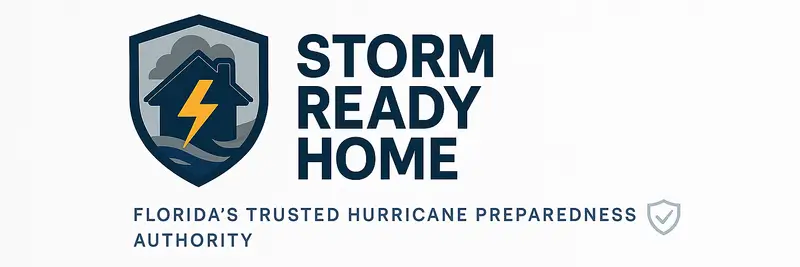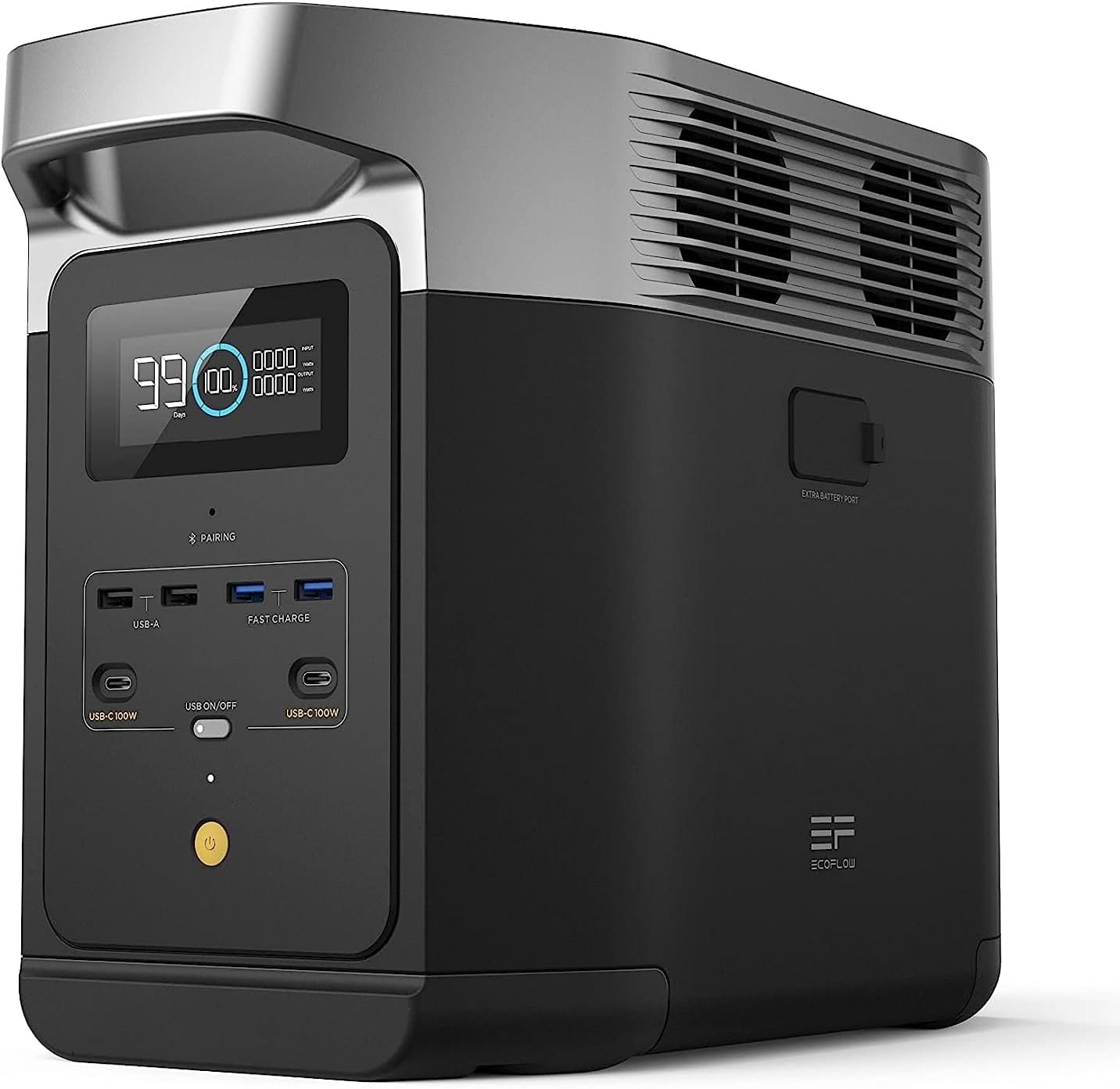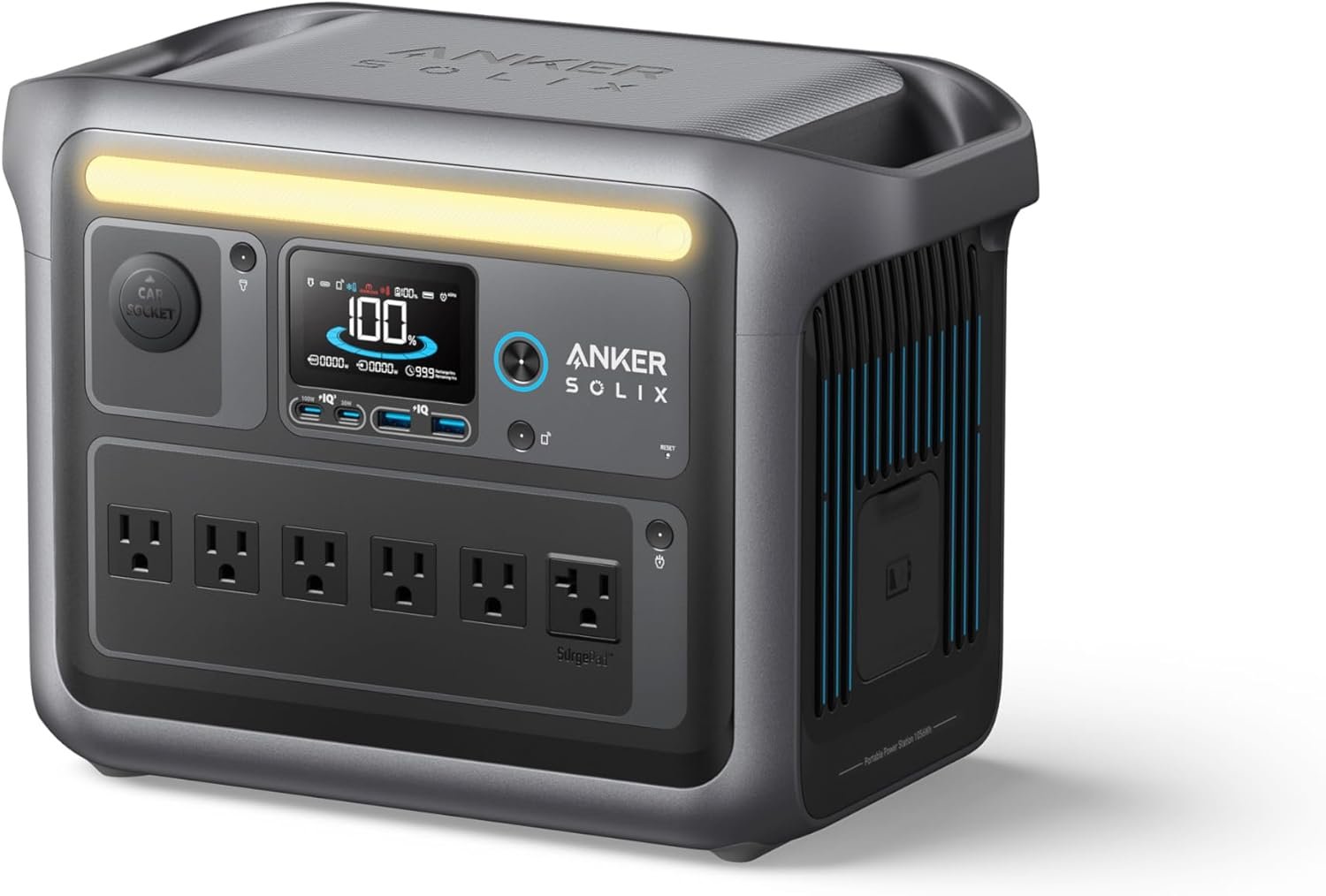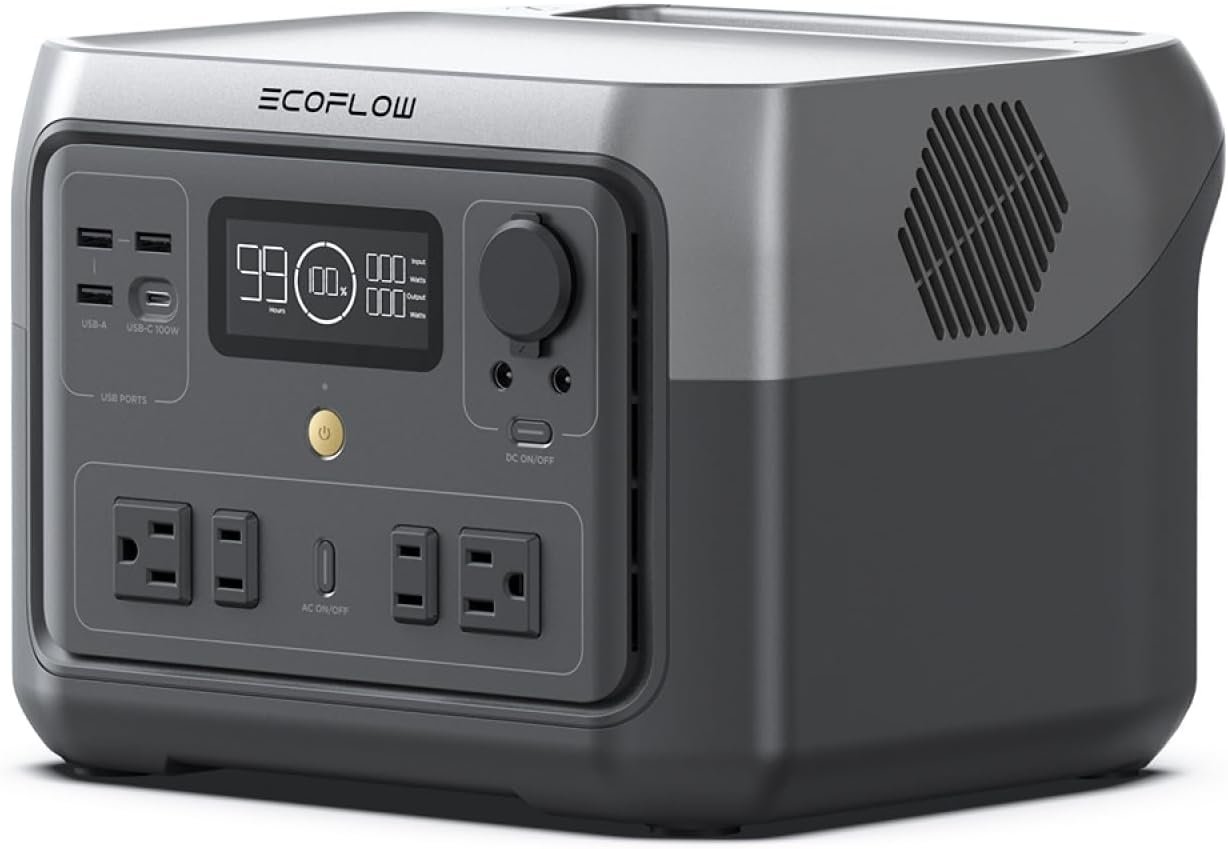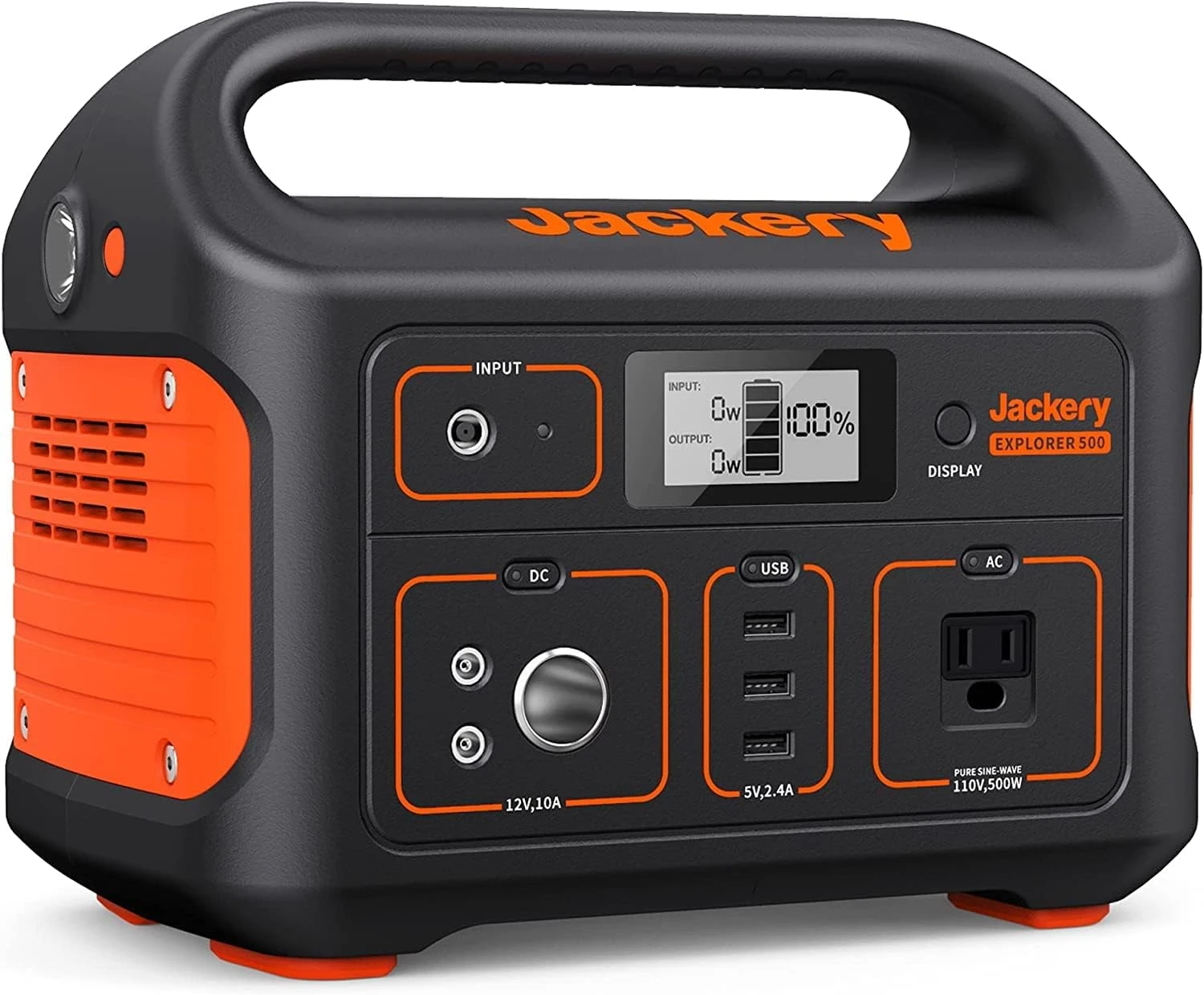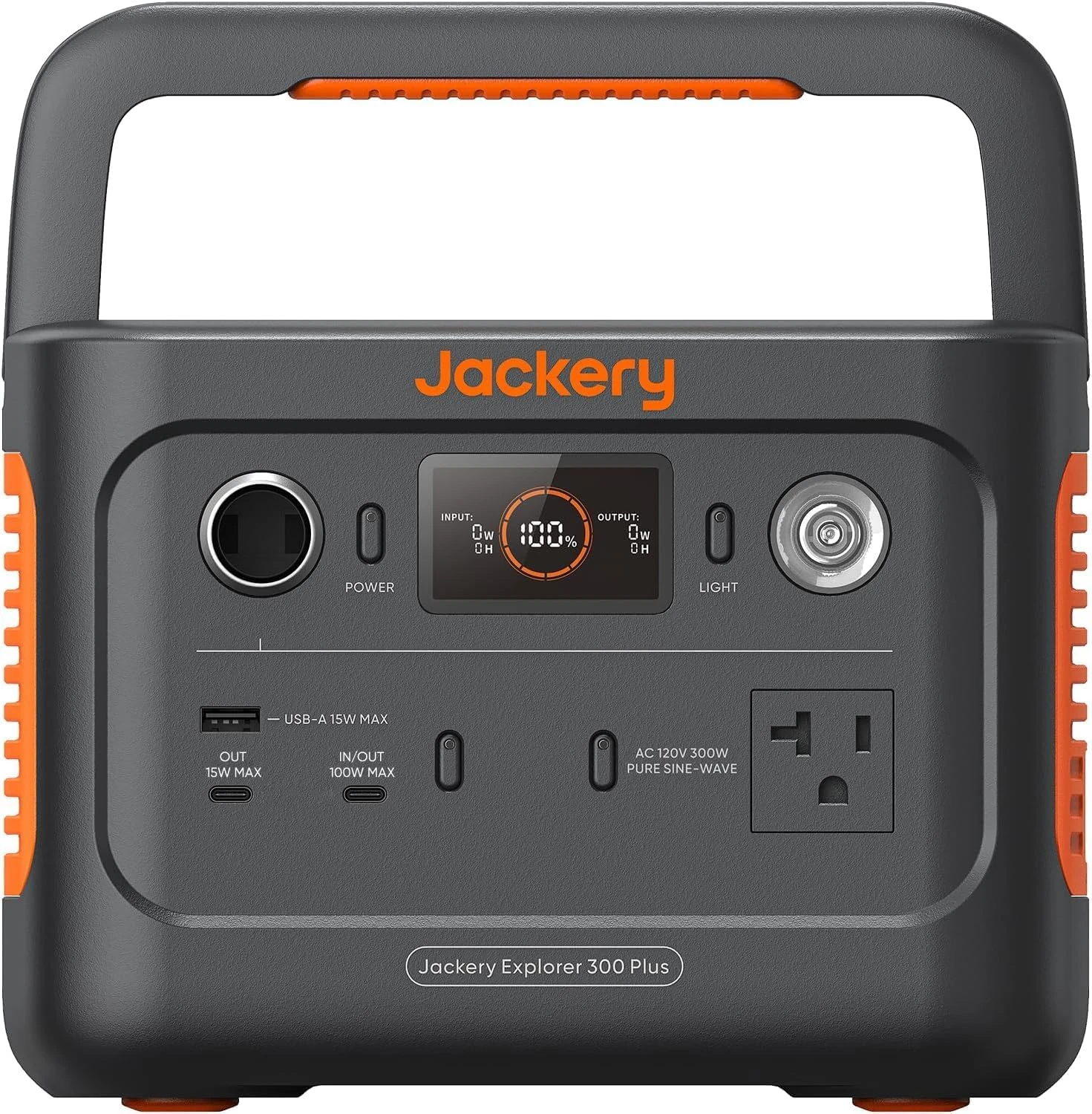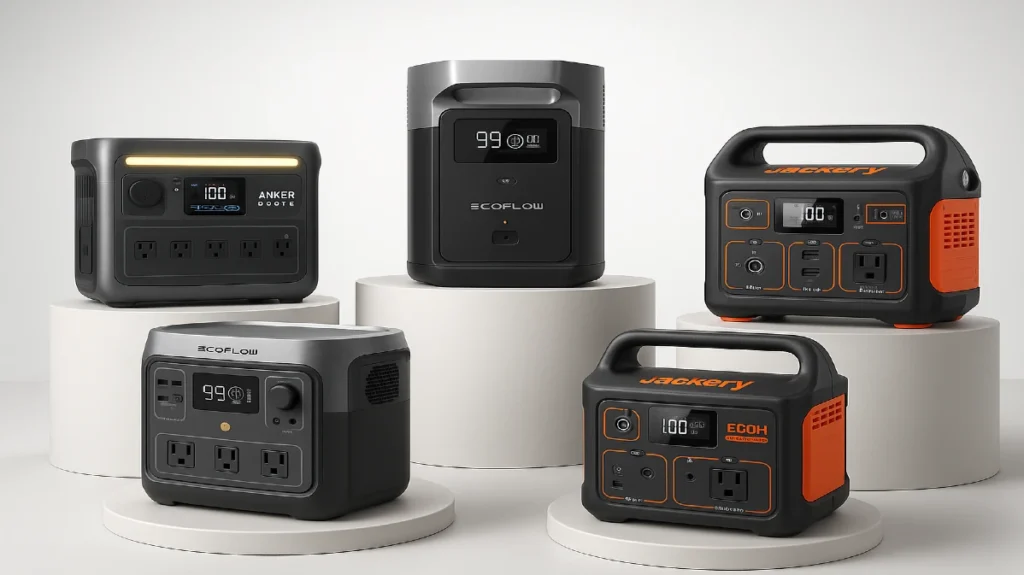
5 Renter-Safe Power Stations That Work When the Grid Doesn’t
Power outages don’t discriminate between houses and high-rises. But while homeowners can rely on bulky gas generators, apartment residents need smarter, safer alternatives. If you’re a renter, condo owner, or city dweller, the question isn’t “can I have a generator in my apartment?” it’s “which kind is safe, legal, and effective?”
In 2025, the most reliable backup generator for apartment use is not a generator in the traditional sense it’s a modern plug-and-play battery power station. These indoor-safe devices require no gas, no ventilation, and no landlord permission. They’re powered by advanced lithium batteries, offering clean energy storage that’s silent, emission-free, and ready when the grid fails.
Fortunately, advances in lithium battery technology have made it easier than ever to own a safe indoor generator for apartment living. These plug-and-play power stations are completely gas-free, fume-free, and landlord-approved. Whether you’re preparing for grid instability, medical needs, or remote work, this guide helps you choose a reliable, renter-friendly solution with zero installation required. Whether you’re preparing for rolling blackouts, medical equipment needs, or simply want to keep your devices running during a storm, this guide highlights the top-rated, field-tested options available today. Backed by safety certifications, expert reviews, and real-world performance metrics, these are the best indoor generators for apartment living in 2025.
Why Gas Generators Don’t Work in Apartments
While gas generators are effective for home backup, they are absolutely not suitable for apartment use. In fact, attempting to use one indoors or on a balcony could put your health, lease, and life at serious risk. Let’s break down why these traditional generators are banned—or should be—across virtually all rental properties.
🚫 1. Carbon Monoxide Poisoning
Gas-powered generators emit carbon monoxide (CO), an odorless, invisible gas that is fatal in enclosed spaces. Even with windows open, CO can accumulate rapidly indoors. According to the CDC, hundreds of deaths and thousands of ER visits result from improper generator use each year—most in enclosed spaces like garages or apartments.
🚫 2. Fire Code & Lease Violations
Most apartment buildings are classified as IBC Occupancy Group R-2 or R-3, where open-flame equipment and internal combustion engines are strictly prohibited. Gasoline storage is also banned under local fire codes. If you attempt to run a gas generator indoors—or even store fuel—you could face eviction or legal action.
🚫 3. Noise Complaints & Building Damage
Gas units operate at 65–90 dB, equivalent to a vacuum cleaner or lawn mower. This violates most lease agreements and will draw complaints from neighbors. Vibration from running engines can also damage floors or shared walls, triggering building liability issues.
🚫 4. Ventilation Limitations
Gas generators require outdoor operation with several feet of clearance for ventilation. In apartments especially high-rises you often lack the space, airflow, and safe placement options to meet manufacturer or code requirements.
Bottom line: Gas generators belong outside not in your hallway, balcony, or kitchen. If you need a backup generator for apartment use, the only safe option is a certified battery-powered system built for indoor operation.
How to Choose a Safe Indoor Generator
This Solar Generator Needs Calculator is created and reviewed by Storm Ready Home’s technical team, with years of experience in real-world off-grid and emergency backup power.
For apartment dwellers, this tool is designed to help you safely estimate your indoor generator and battery needs without risking fire code violations or carbon monoxide. It covers portable power stations, solar generators, and backup batteries only – never gas generators.
Results are for planning and guidance only; always check your appliance ratings and consult your landlord before plugging in large loads. For personal recommendations, email us at stormprep@stormreadyhome.com.
🔋 Solar Generator Needs Calculator
Not all power stations are suitable for apartment life. To ensure safety, performance, and code compliance, renters must select a system built specifically for indoor use. The ideal safe indoor generator for apartment living should be clean, quiet, and simple enough for anyone to use—without special wiring or professional installation.
✅ 1. Battery Chemistry: LiFePO4 vs. Lithium-Ion
Look for generators that use Lithium Iron Phosphate (LiFePO4) batteries. These batteries offer superior thermal stability, non-flammability, and up to 3,000 charge cycles outlasting traditional lithium-ion by years. They’re also non-toxic and far less prone to thermal runaway (fire risk).
This chemistry is particularly important when selecting a backup generator for apartment use, where heat control and indoor safety are non-negotiable.
✅ 2. Pure Sine Wave Inverter
A high-quality indoor generator will include a pure sine wave inverter, which ensures stable electricity for sensitive devices like CPAP machines, laptops, and Wi-Fi routers. Avoid cheaper models with modified sine wave outputs—they can damage electronics over time.
✅ 3. Output Capacity (Wattage)
Choose a generator that matches your energy needs. Here’s a quick guide:
- 300–500W: Lights, phones, Wi-Fi, small fans
- 1000W: Mini fridge, CPAP, router, laptop
- 1800W+: Full-size fridge, microwave, space heater (check wattage compatibility)
✅ 4. Recharging Time
When the grid is unstable, recharge speed matters. Top-tier power stations recharge from 0% to 80% in under 90 minutes using AC or solar input. Models like the Anker SOLIX C1000 can fully recharge in as little as 58 minutes.
✅ 5. Portability and Form Factor
Living in a small apartment or condo? Opt for units under 30 lbs with integrated handles or wheels. They’re easy to store in a closet and quick to deploy during an outage.
✅ 6. Certifications and Safety Standards
Trust only models that are UL listed, FCC certified, and CE marked for safe indoor use. Some models also meet UN38.3 transport safety regulations—ideal if you’re in a high-rise or need to move the unit frequently.
Choosing the right plug-and-play generator ensures you’re not only staying powered—but protected. The next section compares the best options for 2025, ranked by performance, reliability, and renter safety.
Each of these recommendations meets the safety standards necessary to qualify as a top-rated backup generator for apartment living in 2025.
Side-by-Side Comparison: Top Indoor Generators for Renters (2025)
If you’re trying to choose the best portable power station for renters, a side-by-side comparison is essential. Below is a data-driven breakdown of the top-rated, apartment-safe units for 2025—highlighting output, recharge time, portability, and ideal usage scenarios.
Each unit listed here is designed to function as a backup generator for apartment use safe, quiet, and compliant with modern rental codes.
| Model | Battery Capacity | AC Output (Surge) | Weight | Recharge Time | Best For |
|---|---|---|---|---|---|
| EcoFlow DELTA 2 | 1024Wh | 1800W (2400W) | 27 lbs | ≈ 80 minutes | Full-size fridge, router, workstation, lights |
| Anker SOLIX C1000 | 1056Wh | 1800W (2400W) | 28.4 lbs | ≈ 58 minutes | Fridge, microwave, CPAP, modem |
| EcoFlow RIVER 2 Max | 500Wh | 500W (1000W) | 13.2 lbs | ≈ 60 minutes | CPAP, Wi-Fi router, lights, phone |
| Jackery Explorer 500 | 518Wh | 500W (1000W) | 13.3 lbs | ≈ 7.5 hrs (AC) | Outage essentials, short-term power |
| Jackery Explorer 300 Plus | 289Wh | 300W (600W) | 8.3 lbs | ≈ 2.5 hrs | Phones, LED lights, Wi-Fi, budget backup |
All listed models are fully electric, apartment-compliant, and safe for indoor use—no fuel, fumes, or installation needed. If you’re looking for the perfect balance of portability and performance, continue on to our top picks with direct links and detailed highlights.
Top 5 Apartment-Safe Generators You Can Buy Today
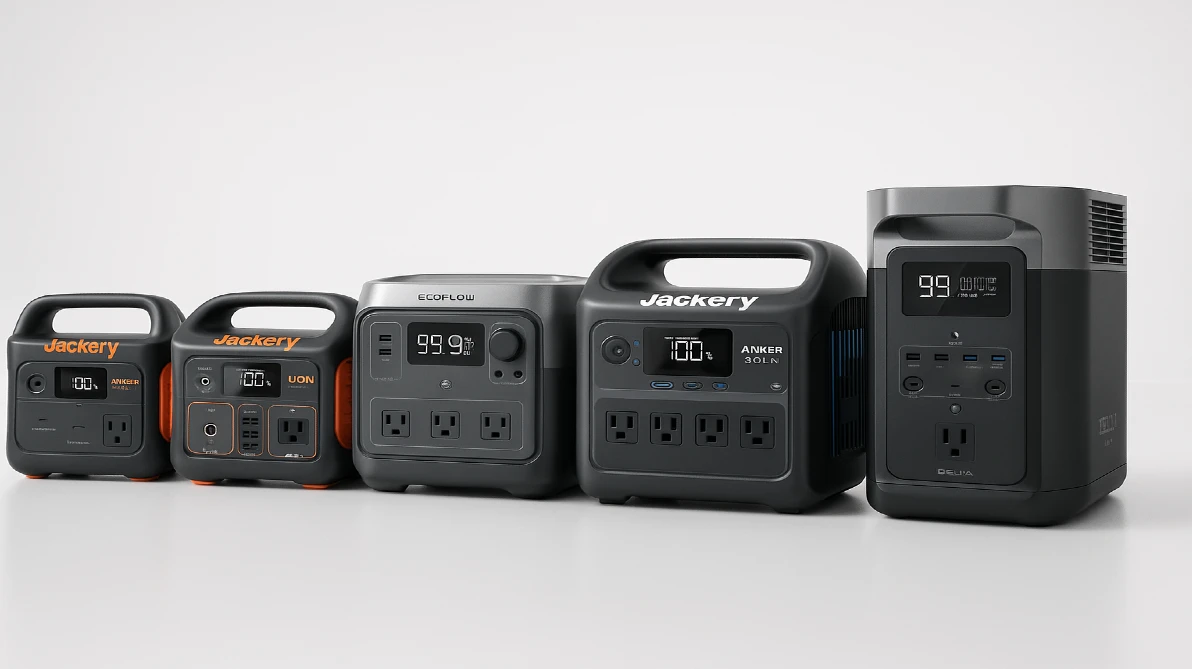
Below are our expert picks for the best backup generators for apartment living in 2025. These models are all whisper-quiet, emission-free, and fully rechargeable indoors—making them ideal for renters, condo owners, and urban dwellers. Each is selected based on safety, recharge time, output, and customer support reputation.
Want to see more blackout-ready gear? Explore our full emergency preparedness collection for renters and condo owners.
This is a reliable choice if you want a compact, affordable backup generator for apartment life that doesn’t sacrifice speed or safety.
It’s one of the most trusted picks for those needing a proven backup generator for apartment situations that involve medical gear or remote work setups.
What Can These Apartment Generators Actually Power?
One of the most common questions renters ask is: “How long will it run my stuff?” Below is a reference table showing estimated runtimes for everyday essentials when powered by our top five battery-powered generators for condos and apartments. These numbers are approximate and based on a 90% battery drain with a single device running.
| Appliance / Device | Average Power Use | EcoFlow DELTA 2 | Anker SOLIX C1000 | RIVER 2 Max | Jackery 500 | Jackery 300 Plus |
|---|---|---|---|---|---|---|
| Wi-Fi Router | 15W | 55–60 hrs | 60+ hrs | 30–35 hrs | 32–34 hrs | 17–18 hrs |
| LED Light Bulb | 10W | 90+ hrs | 95+ hrs | 50 hrs | 46 hrs | 24–26 hrs |
| Smartphone (Charging) | 20W | 40+ full charges | 45+ full charges | 20+ charges | 20+ charges | 10–12 charges |
| CPAP Machine | 40W | 20–24 hrs | 21–25 hrs | 10–12 hrs | 11 hrs | 5–6 hrs |
| Mini Fridge | 70W | 10–12 hrs | 11–13 hrs | 5.5–6.5 hrs | 6 hrs | 2.5–3 hrs |
| Full-Size Refrigerator | 120W (intermittent) | 8–12 hrs | 9–11 hrs | — | — | — |
Pro Tip: For appliances like refrigerators or CPAP machines, use only one high-wattage device at a time to extend runtime. You can daisy-chain LED lights and routers with minimal battery impact.
These estimates demonstrate why having a reliable backup generator for apartment scenarios especially ones without fuel or setup is no longer optional.
Understanding runtime is crucial if your backup generator for apartment use involves long blackouts, refrigeration needs, or medical devices like a CPAP.
Charging Your Backup Generator in an Apartment: What Actually Works
Owning a backup generator for apartment emergencies only helps if it’s charged and ready when the lights go out. For renters, this means understanding what charging methods are safe, legal, and practical in a no-modification living space. The good news? You have multiple options that work in modern apartments—without drilling, permits, or storage issues.
🔌 1. Standard Wall Charging (AC Input)
This is the most efficient and renter-friendly option. Every backup generator for apartment models listed in this guide recharges via a 120V wall outlet—just like a laptop. Most reach 80% in under 90 minutes. No technical setup, no risk of breaker trips, and no landlord approvals required.
☀️ 2. Solar Charging (Balcony & Window Compatible)
Thanks to foldable, lightweight panels, even renters can harness solar energy. If your apartment backup generator supports MPPT or USB-C solar input, you can recharge using sunlight from balconies, fire escapes (check building code), or sunny windowsills. Look for panels under 200W with adjustable kickstands and MC4-to-DC adapters for indoor use.
🚗 3. Vehicle Charging (12V DC)
Charging via your car’s 12V port is ideal for renters who store their backup generator for apartment in a vehicle. This method is slower—often 4 to 10 hours—but practical during road trips, power cuts away from home, or grid emergencies when indoor charging isn’t possible.
🔁 4. Pass-Through Charging (Dual Function)
Many apartment-safe models support pass-through charging, which means you can use the generator while it charges. This is essential during rolling blackouts, especially if you need to run medical devices, internet routers, or emergency lighting without interruption. It ensures that your backup generator for apartment life actually keeps working when it matters most.
These recharging options are why plug-and-play power stations are now considered the safest, smartest backup generator for apartment renters who can’t store fuel or modify electrical systems. They make 24/7 readiness possible in spaces as small as a studio or high-rise unit.
Not sure which charging method suits your setup? Take our free Blackout Readiness Quiz and get a tailored recommendation in under 60 seconds.
Final Recap: Safe Backup Power for Apartment Living
When the power goes out, you don’t need a garage, gas can, or permission from your landlord you just need the right tools. As we’ve covered, a modern backup generator for apartment use is no longer noisy, risky, or bulky. Today’s plug-and-play generators are safe for indoor use, easy to recharge, and powerful enough to keep your most essential devices running for hours or even days.
From the ultra-portable Jackery 300 Plus to the robust EcoFlow DELTA 2, renters now have access to energy solutions once reserved for homeowners. These generators are:
- ✔️ Fully electric — no fumes, no fuel
- ✔️ Silent and apartment-compliant
- ✔️ Rechargeable from AC, solar, or car outlets
- ✔️ Designed for apartments, condos, and tight spaces
Power outages are increasing. Be ready with a reliable backup generator for apartment use no gas, no noise, no hassle.
No matter the size of your apartment or the devices you rely on, there’s a backup generator for apartment use listed above that fits your space, safety needs, and lifestyle.
Whether you’re facing seasonal blackouts or long-term uncertainty, investing in a modern backup generator for apartment use is one of the smartest decisions you can make as a renter in 2025.
Looking for more ways to get storm-ready? Visit our homepage at StormReadyHome.com for gear guides, emergency plans, and renter-safe solutions.
Frequently Asked Questions
Can I legally use a backup generator in my apartment?
Yes—but only if it’s a safe indoor generator for apartment use. Gas-powered units are illegal to operate indoors due to carbon monoxide risks. Modern battery-powered models are clean, fume-free, and comply with most lease and building safety codes.
What’s the best type of backup generator for apartment living?
The best choice is a plug-and-play battery generator that uses lithium iron phosphate (LiFePO4) technology. These are compact, quiet, and certified as a safe indoor generator for apartment renters.
Can I use solar panels to recharge my apartment generator?
Yes, many backup generators for apartment use support portable solar panels. They’re ideal for balconies, window sills, or rooftop access and offer a sustainable, gas-free recharge method during long outages.
How long will my indoor generator power devices during an outage?
Runtime depends on the generator’s watt-hour capacity and the devices connected. A 1000Wh safe indoor generator for apartment living can run a CPAP machine for 20 hours or a mini fridge for 10–12 hours.
Do I need professional installation for a portable indoor generator?
No. A backup generator for apartment renters is fully plug-and-play. You can use it right out of the box—no tools, permits, or landlord permission required.
